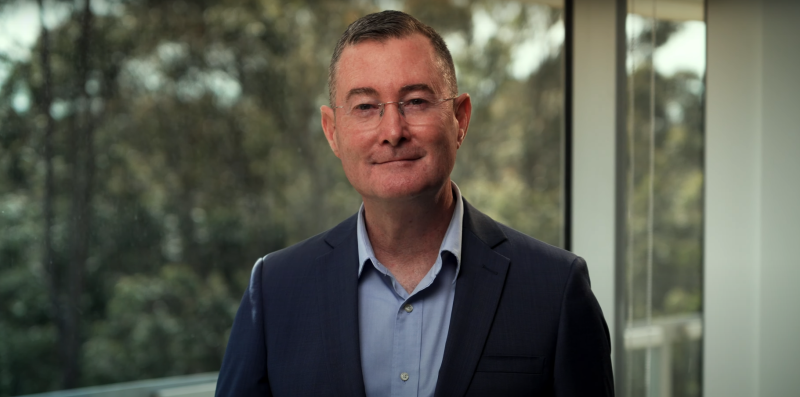
Flourish Australia has been a national leader in the development and growth of the Lived Experience (Peer) workforce for more than a decade. In 2014 we did some reflecting about why we did not employ more Peer Workers, given we had a demonstrable commitment to employing people with lived experience.
That led to our “Why not a peer worker?”® program. In establishing that program we decided that wherever possible recruitment in front line support positions would be for Peer Workers. We also provided opportunity for people to identify that they wanted to become Peer Workers and allowed them to transform their position to a Peer Worker position, subject to certain criteria being met. That led to a significant and rapid increase in our peer workforce.
This approach was so successful we published a paper about it in the journal Mental Health and Social Inclusion in 2017, authored by Fay Jackson, our General Manager, Inclusion and Tim Fong, our General Manager, People & Culture.
But we did not stop there. We knew that it is essential to provide specialist and focussed training for Peer Workers encouraging the completion of a Certificate IV in Mental Health Peer Work when it became available, and the delivery of Intentional Peer Support Training.
But there was still more to do. We also developed our peer work supervision framework, based on clearly stated peer work values; a Peer Worker career pathway was developed with the introduction of Team Co-ordinators (Peer Specialists) positions, and a specialist Peer Specialist position was created to provide operational leadership in this area, supported by Fay.
We are delighted that more and more organisations are expanding or starting to introduce Lived Experience (Peer) Workers to their services. As the title of our 2018 book, Peer Work in Australia states, it is “a new future for mental health”. How true that is.
As part of our commitment to growing the peer workforce we regularly speak with other services about peer work and what we did and currently do to grow the workforce. In our view, it requires deep thinking and the ability to challenge barriers to new ways of doing things, so that Peer Workers are fully, integrated, respected members of a Team, and paid accordingly. Ultimately, it is the result of true co-design of service models.
And our experience has shown that fully peer staffed services are both possible, and have great positive impact. Flourish Australia has operated such a Peer Operated Service in Hervey Bay for about 12 years, and our Resolve program, now in its sixth year with sites in Orange and Cranebrook, is built on a similar model.
Both services are very successful and support people to effectively pursue their recovery journeys. They receive great feedback, from people accessing the services, clinicians, and partner organisations, about the things people are achieving in their local communities. It demonstrates that the impact of peer work is huge, and should never be underestimated – and, suggested that if they are this successful, perhaps we should have more peer operated services across the Nation.
Mark Orr AM
Chief Executive


